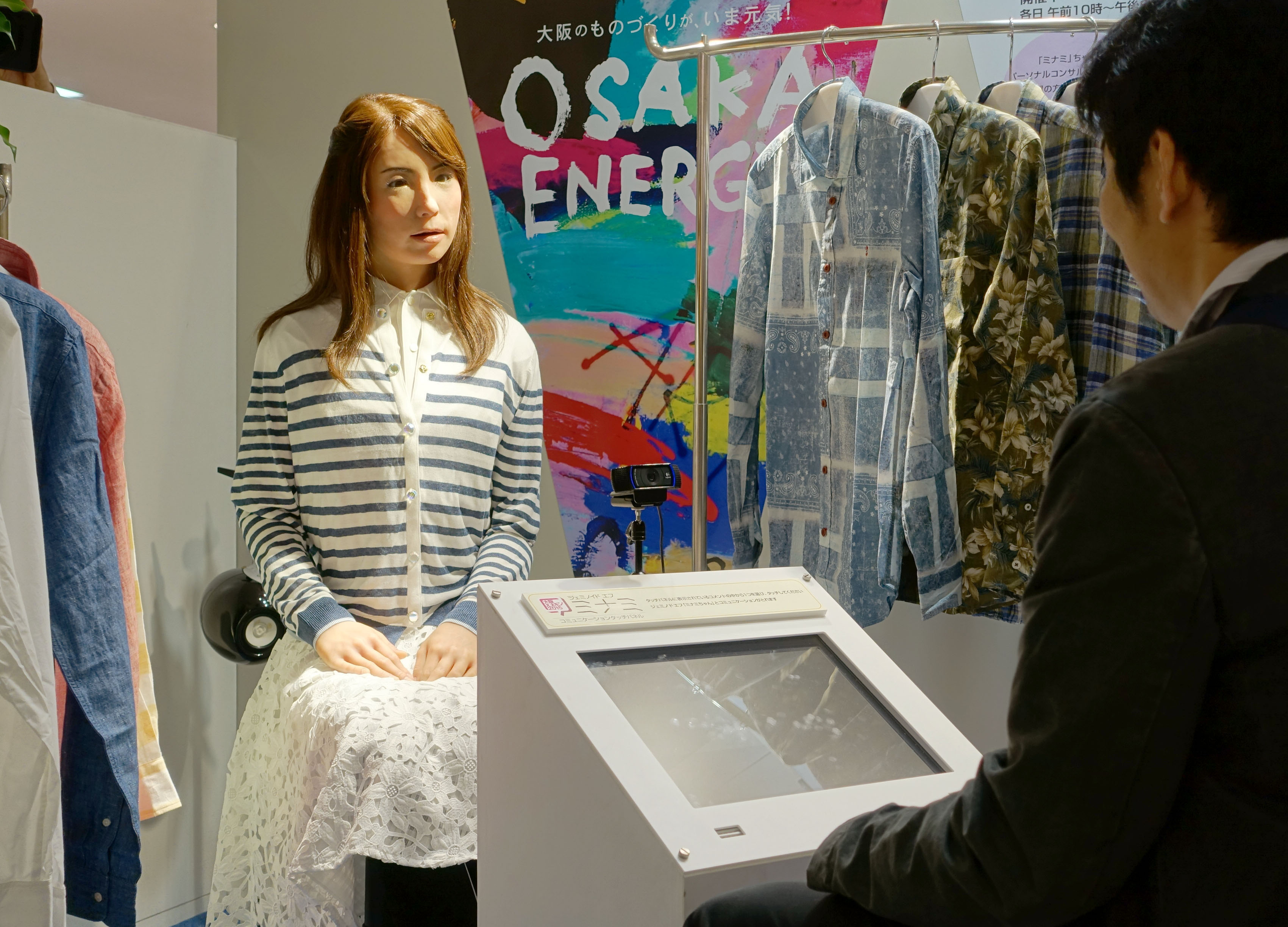The trouble with machines is, they do things better than we do. "Give me a place to stand and I will move the Earth," said the third-century B.C. Greek inventor Archimedes, lever in hand. The Earth has been moving ever since, ever faster.
Still, from his time to ours, through mechanical evolutions and technological revolutions, a machine remained a machine. Lever or electric vacuum cleaner, inclined plane or automobile — or personal computer or smartphone, for that matter — humans commanded, machines obeyed. They knew their place. More accurately, they didn't know their place; they didn't know, period. Didn't care. Unconsciously, unresistingly, they served our needs (or what we thought to be our needs), not we theirs. Is that about to change?
There's an event pending that those stoking it have dubbed a "singularity." The cosmologists from whom the term is borrowed coined it in their account of the origin of the universe. It has, therefore, momentous connotations. The singularity on whose brink we stand may be nothing less than a new universe opening up for us — for better or for worse. Alternatively, it may, as some say, be no more than convenience writ very large. Relax.



